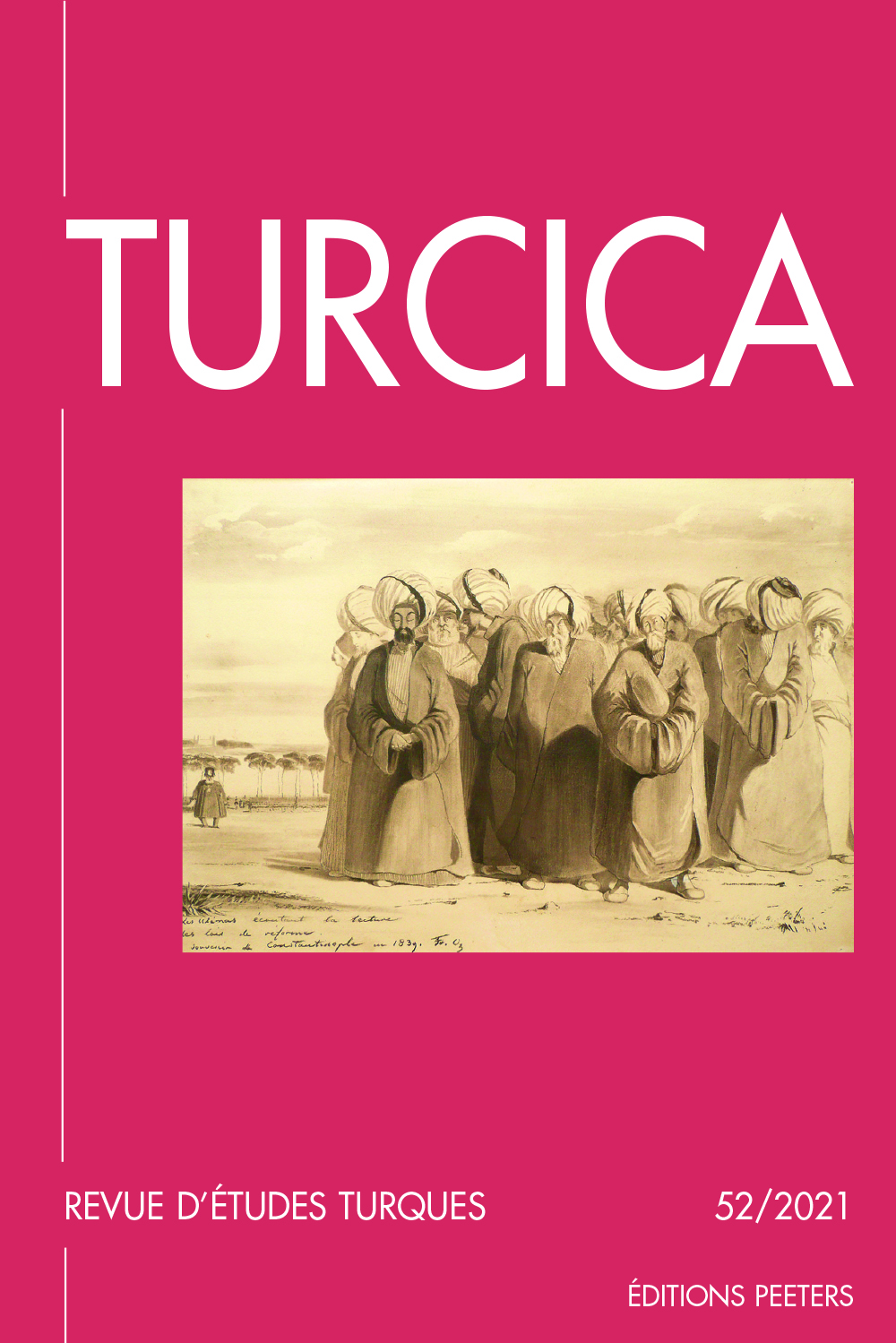 previous article in this issue previous article in this issue | next article in this issue  |

Preview first page |
Document Details : Title: Disparition et persistance de l'iqṭā' en Égypte après la conquête ottomane Author(s): MICHEL, Nicolas Journal: Turcica Volume: 41 Date: 2009 Pages: 247-290 DOI: 10.2143/TURC.41.0.2049296 Abstract : Institution clé du régime mamelouk, l’iqṭā' foncier, fief de service destiné principalement aux militaires, disparaît d’Égypte après la conquête ottomane sans avoir été explicitement aboli. À partir des sources narratives, de la réglementation administrative et des registres cadastraux, l’article examine les étapes de sa disparition, liées à l’élimination ou à la réintégration des élites militaires et civiles mameloukes dans le nouveau régime. Il s’attache à expliquer pourquoi les conquérants ottomans n’ont pas substitué à l’iqṭā' l’institution proche du timar, qu’ils appliquaient d’ordinaire dans leurs nouvelles conquêtes. À partir de 1525 les registres cadastraux font découvrir que des iqṭā's attribués à des Bédouins ont survécu pendant plusieurs décennies dans les marges du Delta et la Haute Égypte; leur persistance est un aspect méconnu de la «politique arabe» des nouveaux maîtres ottomans. L’article étudie en particulier le cas du village de Dendérah en Haute Égypte, dont le sort tout au long du XVIe siècle est lié à celui du puissant lignage bédouin des Banū 'Umar. In the Mameluke period the landed iqṭā' was a key institution, mainly meant for the military. In the years following the Ottoman conquest the iqṭā' faded from Egypt, without any formal repeal. Using narrative and administrative sources as well as survey records, the article examines how the iqṭā' disappeared in stages paralleling the elimination of the Mameluke military and civil élites or their integration into the new regime. It attempts to explain why the Ottomans did not replace the iqṭā' by their own and similar institution, the timar, which was generally enforced in the territories they conquered. From 1525 on however, survey records register an unexpected set of iqṭā's assigned to Beduins and located on the outskirts of Lower Egypt and along Upper Egypt. Focusing on the village of Denderah, the fate of which all along the XVIth century was closely linked to that of the Banū 'Umar’s — the most powerful Beduin lineage in Upper Egypt —, the article shows that the persistence of these iqṭā' s sheds new light on the ‘arab policy’ of the Ottoman Empire. |
 |


